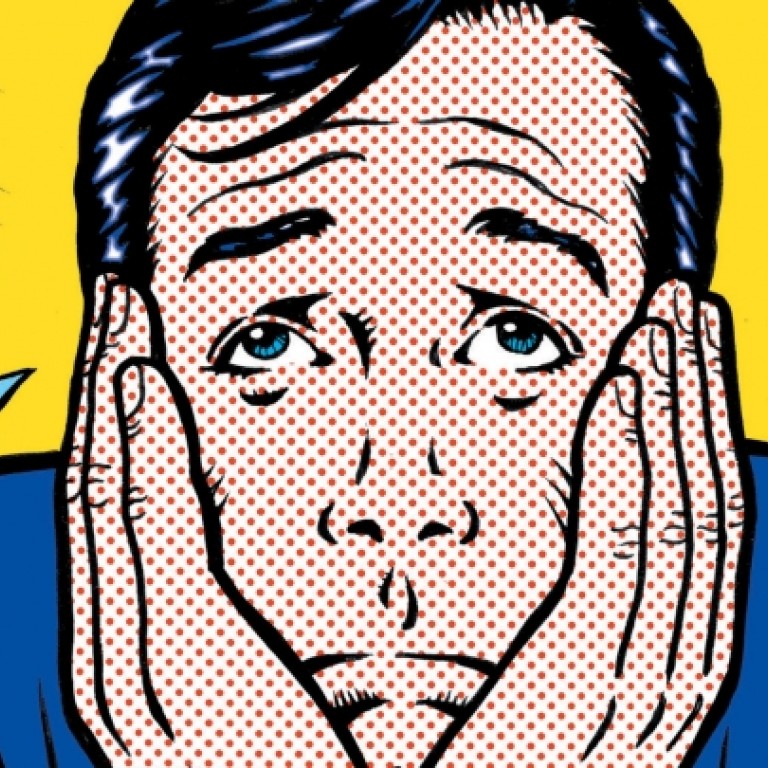
Hits and myths: stress and hair loss
Losing up to 100 hairs a day is normal. But when we are under constant stress, we might shed far more than we would through daily washing, brushing and combing.
yes
losing up to 100 hairs a day is normal. But when we are under constant stress, we might shed far more than we would through daily washing, brushing and combing. Stress also makes it difficult for hair to grow back.
When the body is stressed, its vitamin B12 supply gets depleted at a rapid pace, and this affects the hair growth cycle. Vitamin B12 helps deliver blood, oxygen and nutrients to the body's tissues, and as hair is a non-essential tissue, it is the first to experience the effects of a deficiency in this vitamin.
This means we simply lose hair faster, says Leonica Kei, a hair and scalp specialist at the Philip Kingsley Trichological Centre in Singapore.
Vitamin B12 is mostly found in animal products, particularly clams, mussels, oysters and liver, so if you are a vegetarian or crash-dieter, you might be lacking this nutrient. But a stressful lifestyle makes you two times as likely to suffer from excessive hair loss.
Stressful events and major illnesses can also upset the body's hormonal balance, leading to hair loss. It is common for women, for example, to lose a lot of hair weeks or months after childbirth due to a drop in oestrogen levels.
Hair follicles are very sensitive to hormonal changes, says Kei, and a hormonal imbalance tends to make them shrink, thereby producing thinner hair.
It is not easy to attribute hair loss to stress because there is no real way to measure stress
In some cases of extreme emotional stress, the body's immune system may even mistake the hair follicle for a foreign entity and attack it, causing patchy hair loss, or alopecia areata (an autoimmune disorder, of which stress is thought to be a contributing factor).
A stressful week at work is not likely to cause hair loss, but consecutive weeks or months might.
When the body is subjected to intense physical and emotional stressors over a prolonged period, stress hormones can trigger most of the hairs on the scalp to enter the telogen phase (the normal resting phase of the hair follicle), causing all of them to fall out - a condition known as telogen effluvium, says Dr John Yu, a specialist in dermatology and venereology at Matilda International Hospital.
Stress may also reduce blood flow to the scalp, depriving the follicles of nutrients and interfering with the person's hair growth cycle.
In some people, stress can trigger a psychological disorder known as trichotillomania, or compulsive hair-pulling. For those with this condition, pulling their hair out helps them deal with negative emotions such as tension and anxiety, offering them a sense of pleasure, gratification and relief.
Kei says it is not easy to attribute hair loss to stress because there is no real way to measure stress. Also, more often than not, hair loss is not due to one factor but a combination of different factors.
If you have been losing hair excessively it's important to see a trichologist who will be able to diagnose you. A blood test can help rule out any nutritional deficiencies and major health issues.
Unfortunately, there is no proven method to minimise hair loss that has occurred as a result of stress, according to Yu.
Instead, experts suggest finding ways to get your stress under control and learning how to manage situations that may bring about emotional or physical stress. A healthy, balanced diet will also provide all the essentials you need for normal, healthy hair growth.

